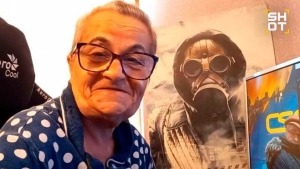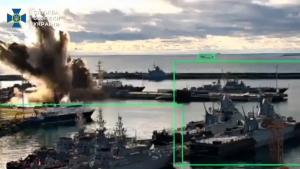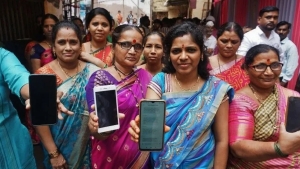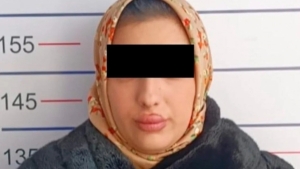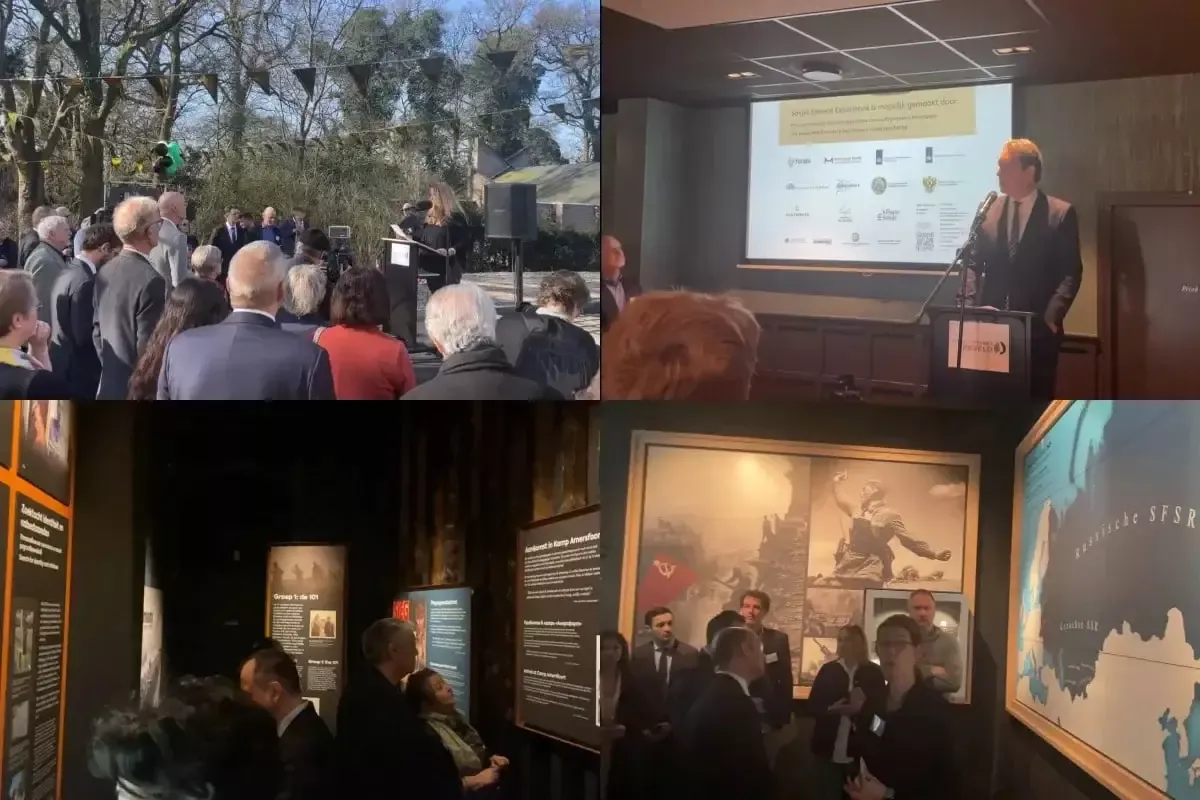
A museum called the Soviet War Cemetery Experience, dedicated to the memory of Soviet soldiers who perished in World War II, has officially opened its doors in the city of Liosden, Netherlands. This historically significant center is located near the "Soviet Honor Field."
A special exhibition dedicated to Uzbek soldiers
In the museum, a special room has been allocated for 101 Uzbek soldiers who lost their lives in the war and were buried in the "Soviet Honor Field," with the initiative of the state leader and the support of the government of Uzbekistan. This room is organized as a space to commemorate their bravery and dedication, serving as an educational significance for future generations.
Additionally, in the main entrance area of the museum, a symbolic monumental art piece created based on 101 old gravestones is dedicated to the memory of the victims of the Uzbek people.
International opening ceremony
At the opening ceremony:
- Officials from the Dutch ministries of foreign affairs and defense,
- Mayors of Liosden and Amersfoort,
- Representatives of diplomatic missions from Armenia, Azerbaijan, Kazakhstan, and Uzbekistan,
- Community leaders and volunteers,
- Relatives of soldiers buried in the "Soviet Honor Field" participated.
Notably, the participation of the children and grandchildren of Raim Salomov, who was captured and perished during the war from the Khatirchi district of Navoi region, added a heartfelt and spiritual atmosphere to the event.
Words of cooperation and gratitude
A representative of the Ministry of Foreign Affairs of Uzbekistan expressed special gratitude to Remko Reyding, the head of the "Soviet Honor Field" foundation, and to the partner countries for their assistance in organizing the museum.
Remko Reyding also expressed his gratitude for the significant contribution to the project and specifically for the financial support from the government of Uzbekistan.
The editorial team of Zamin.uz emphasizes that the opening of this museum is an important step in preserving historical memory, conveying the courage of brave ancestors to future generations, and strengthening interethnic solidarity. Such projects serve not only to understand the past but also to comprehend the present.


